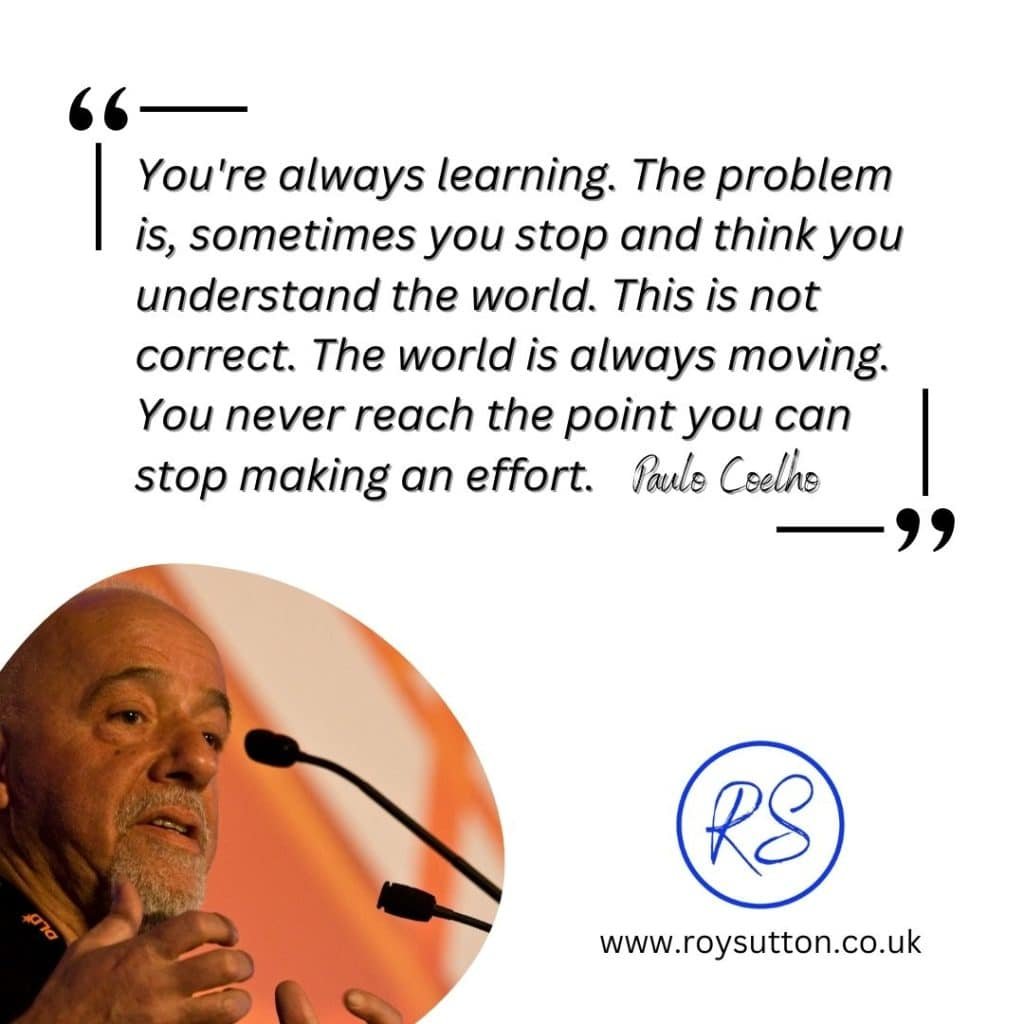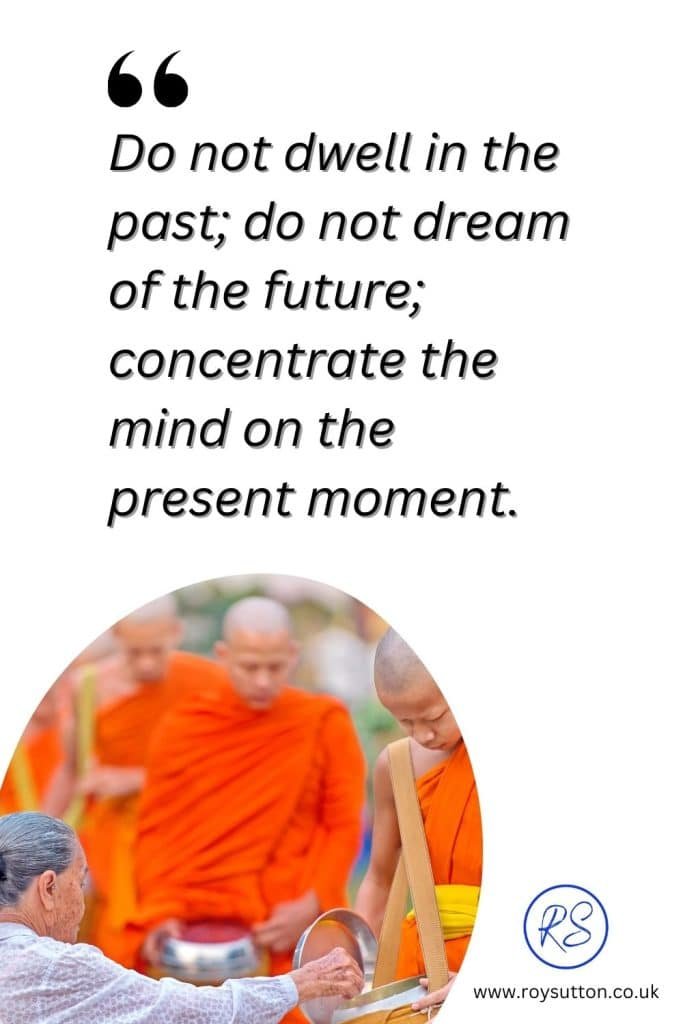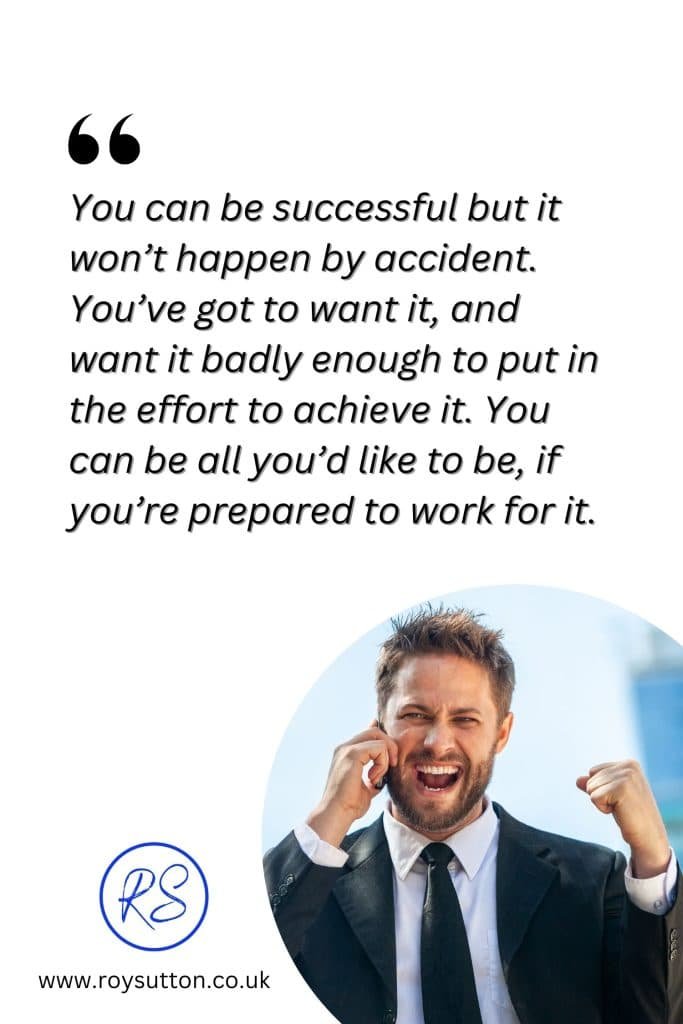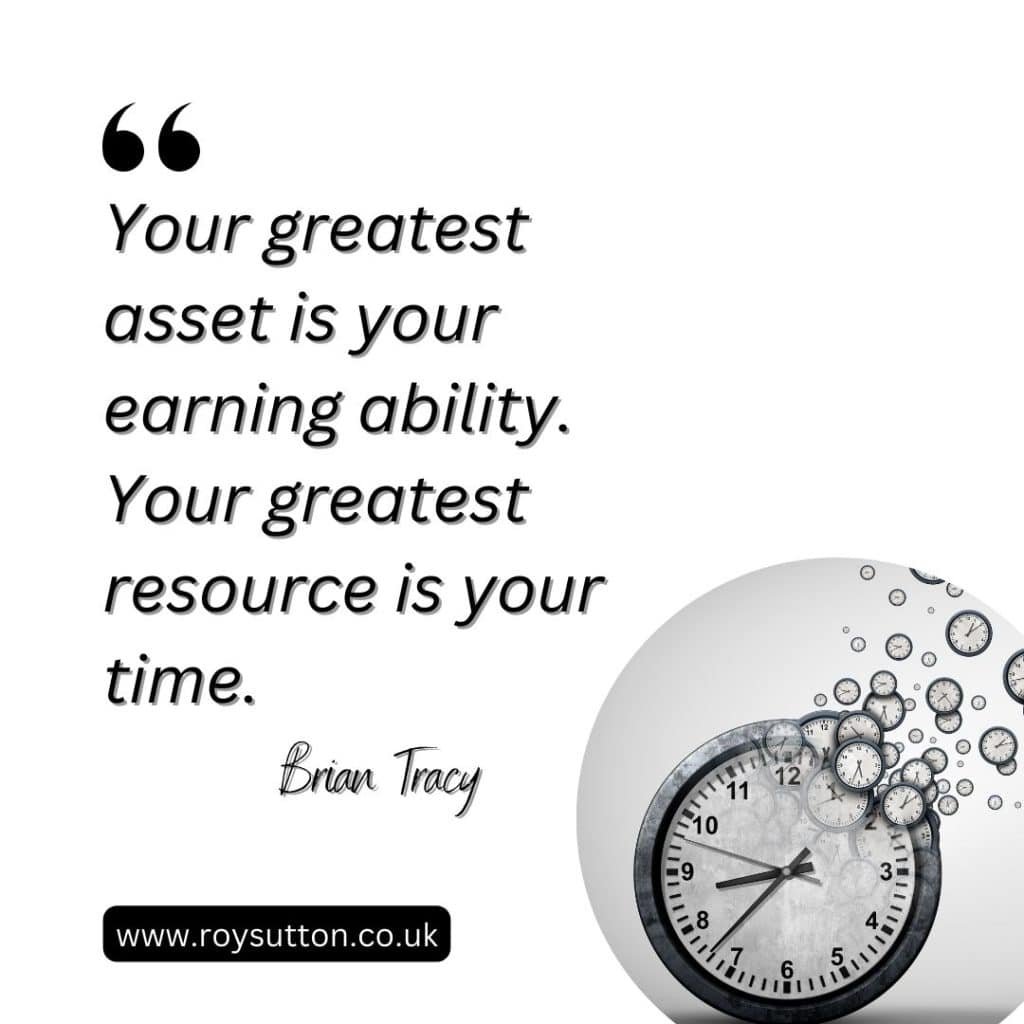
Today, let’s explore some quotes by Paulo Coelho.
Paulo Coelho de Souza, or Paulo Coelho as he’s better known to the wider world, is a Brazilian novelist and lyricist.
He’s best known for his novel The Alchemist.
Paulo Coelho is also known as a keen user of digital media. He posts up to three times a week on his blog, and he has millions of fans on both Facebook and Twitter.
In 2014, he also uploaded around 80,000 documents, manuscripts, diaries, photos, reader letters, and press clippings and created a virtual Paulo Coelho Foundation, along with the physical foundation, which is based in Geneva.
Here are 15 quotes by Paulo Coelho that certainly made me think, so I hope you will find them interesting too, dear reader.

Quotes by Paulo Coelho in Video:

Quotes by Paulo Coelho (1-10):
- We want to answer this classical question, who am I? ~Paulo Coelho
- We have lost contact with reality, the simplicity of life. ~Paulo Coelho
- The more in harmony with yourself you are, the more joyful you are. ~Paulo Coelho
- Love can consign us to hell or to paradise but it always takes us somewhere. ~Paulo Coelho
- The good old days, when each idea had an owner, are gone forever. ~Paulo Coelho
- One is loved because one is loved. No reason is needed for loving. ~Paulo Coelho
- The more violent the storm, the quicker it passes. ~Paulo Coelho
- Every blessing ignored becomes a curse. ~Paulo Coelho
- We have to stop and be humble enough to understand that there is something called mystery. ~Paulo Coelho
- Everybody is a political person, whether you say something or you are silent. A political attitude is not whether you go to parliament; it’s how you deal with your life, with your surroundings. ~Paulo Coelho
Quotes by Paulo Coelho (11-15):
- Tell your heart that the fear of suffering is worse than the suffering itself. And no heart has ever suffered when it goes in search of its dream. ~Paulo Coelho
- Things do not always happen the way I would like them to happen, and I had better get used to that. ~Paulo Coelho
- You can become blind by seeing each day as a similar one. Each day is a different one. Each day brings a miracle of its own. It’s just a matter of paying attention to this miracle. ~Paulo Coelho
- Let us be absolutely clear about one thing: we must not confuse humility with false modesty or servility. ~Paulo Coelho
- You’re always learning. The problem is, sometimes you stop and think you understand the world. This is not correct. The world is always moving. You never reach the point you can stop making an effort. ~Paulo Coelho

Please share this post with your friends:
Did you find these quotes by Paulo Coelho as interesting and inspirational as you’d hoped, dear reader?
You did? I hope so anyway.
If that is the case, then please share this post with your friends, because when you share, everyone wins.
So share them now on social media. If you can do that for me, then it will be truly appreciated.
Thank you.

Articles you might enjoy:
- 33 obscure, odd and thought-provoking quotes
- 25 quotes about anything and everything
- 15 Quotes by Buddha that’ll make you think
- 55 African proverbs and the wisdom of the ancients
- 27 Quotes by Coco Chanel to inspire you
- 15 Quotes by Dr Laura Schlessinger
- 15 Quotes by Dr Joy Browne to inspire you
- 22 Funny Winston Churchill Quotes
- 15 quotes by Lily Tomlin that are sharp and witty
- 30 Sarcastic quotes about life lessons to amuse you
- 30 sharp and funny quotes by George Carlin
- 15 Quotes by Khalil Gibran to make you think
- 21 Quotes by Clint Eastwood you’ll just love
- 15 Quotes by David Brent to brighten your day
- 15 witty quotes by Joan Rivers to raise a smile
- 10 quotes about cats that’ll make you smile
- 15 Quotes by George Orwell that’ll make you think
- 10 memorable lines from the movies you’ll enjoy
- 20 classic Elaine Benes quotes that’ll make you smile
- 15 amusing quotes by Spike Milligan to raise a smile
- 19 Best Homer Simpson quotes that’ll make you smile
- 21 Del Boy quotes for fans of Only Fools and Horses
- 15 Very Funny One-Liners by Billy Connolly
- 37 funny comebacks for dealing with rude people
- The 30 best bitchy comments that’ll really make you smile
- 31 great quotes from Larry David in Curb Your Enthusiasm
- 15 amusing quotes by Jerry Seinfeld to brighten your day
© Mann Island Media Limited 2025. All rights reserved.




















































